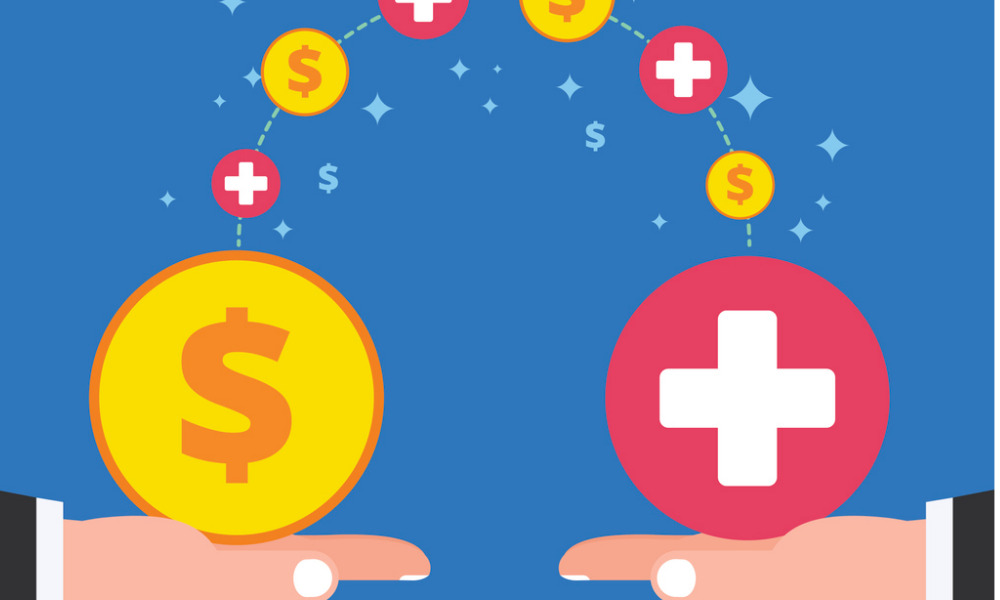
Workers will no longer need to choose between their health and their income

Casual workers and those with insecure jobs in Victoria will now receive five days of sick or carer's pay under a new government-funded programme that marks the first in the whole of Australia. The Victorian Sick Pay Guarantee is a $245.6-million scheme that covers the following employees on the first phase:
The government is expecting more than 150,000 workers to be eligible during the first phase of the project, who may now register to receive their sick or carer's pay at the national minimum wage.
"We need every worker for the recovery of our economy – the best way to do that is through secure work. This scheme will protect more Victorians and give them the support they need when they’re sick or caring for a loved one," said Workplace Safety Minister Ingrid Stitt.
Read more: Victoria invests $1.25 million to hire, upskill Aboriginal people
The Labour Government will be funding the scheme for the two-year pilot programme and will also administer it directly to workers to minimise the "impost on businesses so they can focus on economic recovery," according to the announcement.
The scheme is expected to reduce workplace injuries and illness, lower staff turnover rates, as well as improve general productivity from healthy workers. It is also expected to resolve the issue that one in five casual and contract workers have no access to sick and carer's pay even if they are already working more than one job to earn a living.
Victorian Premier Daniel Andrews said that the initiative wants to prevent casual employees from being forced to choose between their income and their health.
"When people have nothing to fall back on, they make a choice between the safety of their workmates and feeding their family. The ultimate decision they make isn't wrong – what's wrong is they're forced to make it at all," he said.
According to the government, the programme builds on the COVID-19 Worker Support Payment and the COVID-19 Test Isolation Payment that were enforced following the outbreak of COVID-19.